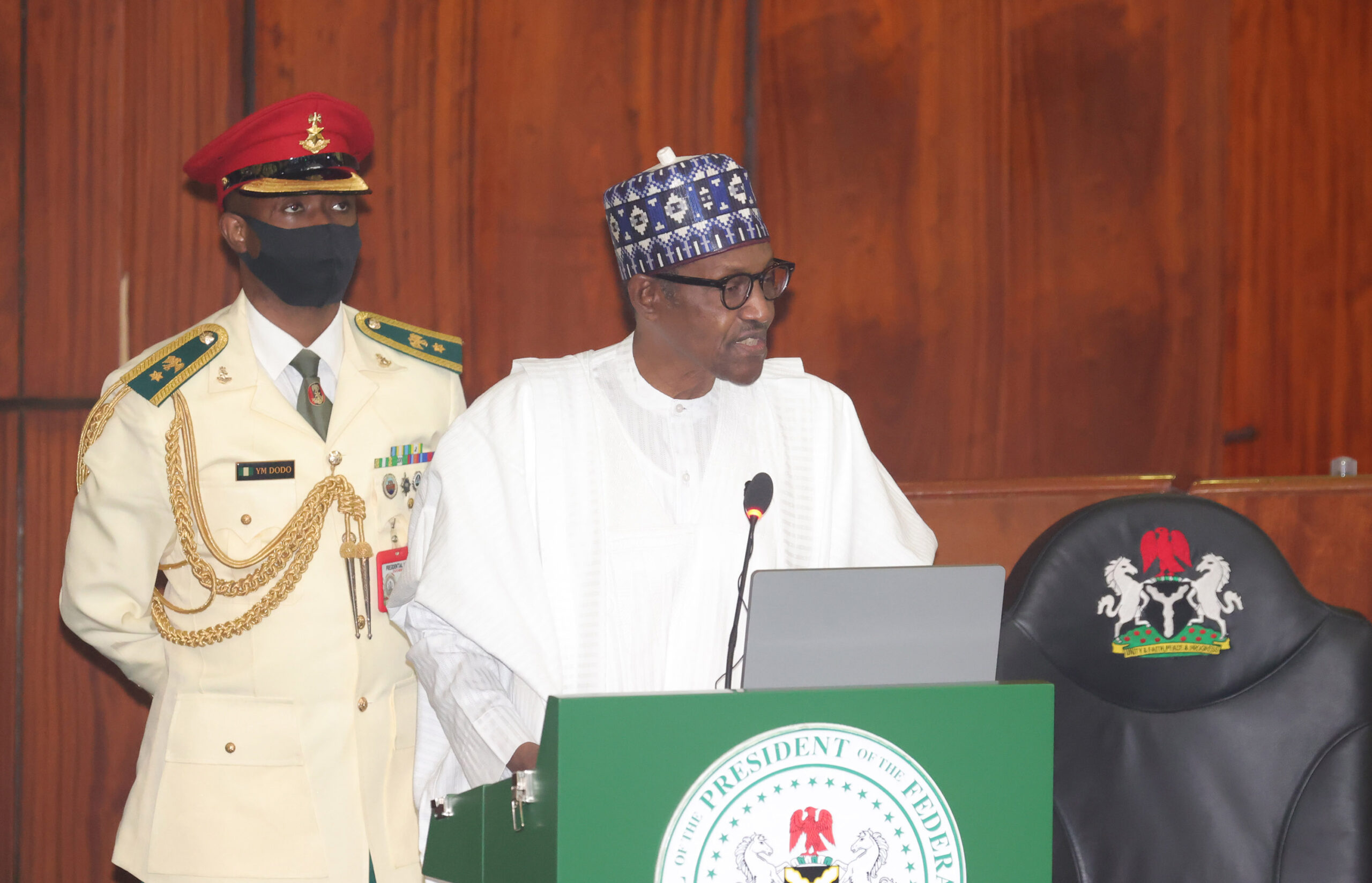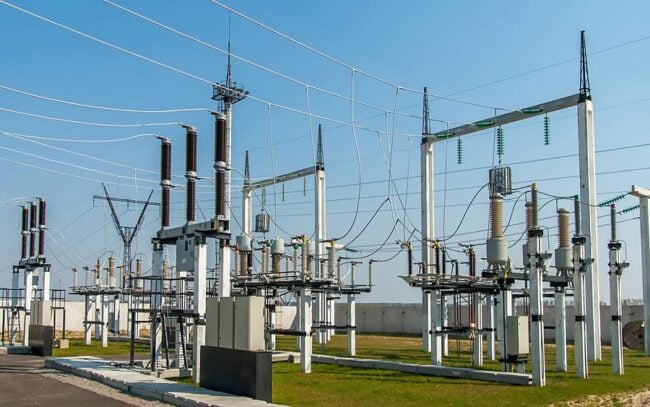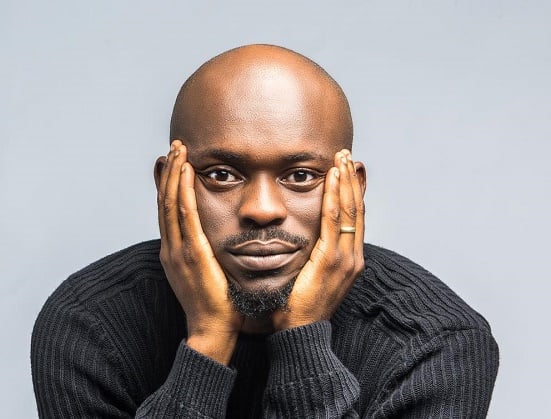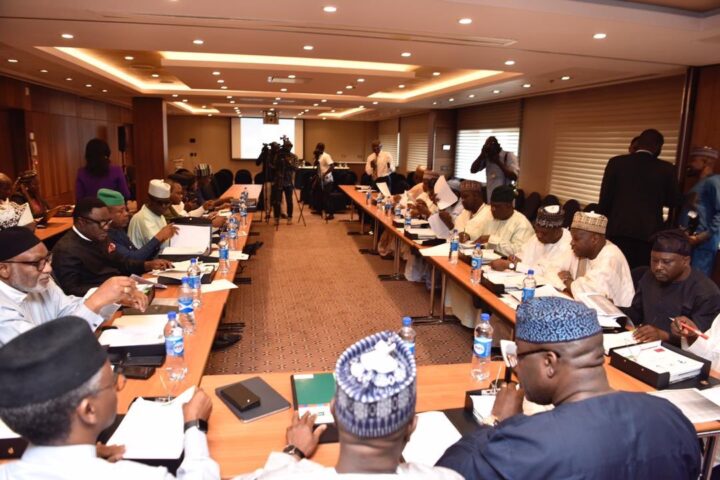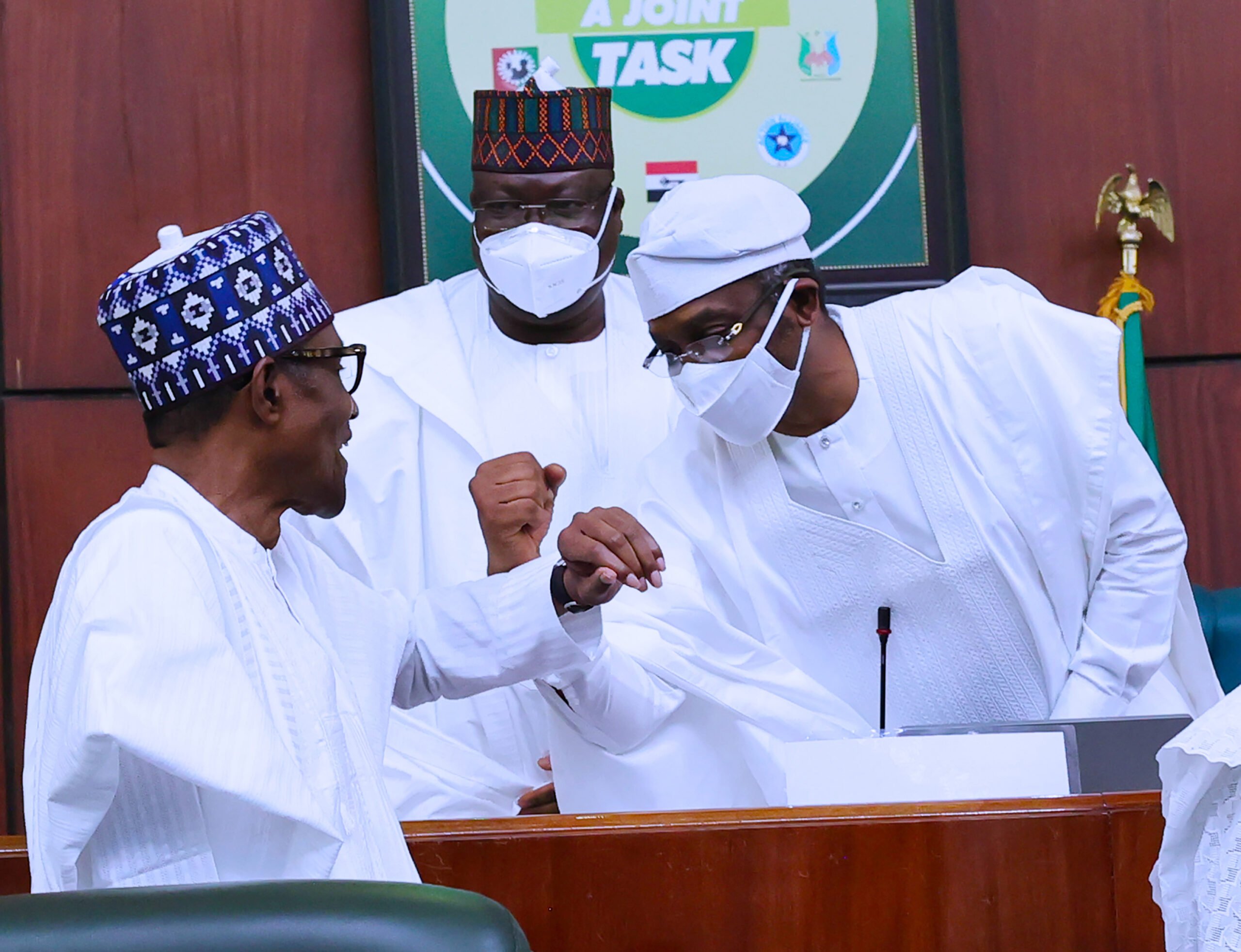President Muhammadu Buhari says the country’s debt profile is rising because the federal government had to spend its way out of recessions.
Since Buhari assumed power in 2015, Nigeria’s economy has slipped into recession twice.
The Debt Management Office (DMO) said Nigeria’s total public debt (federal and state governments) climbed to N35.46 trillion at the end of the second quarter of 2021.
While addressing a joint session of the national assembly on Thursday, the president said the economy would not have recovered without the government’s expenditure that was funded by debt.
Advertisement
“As you are aware, we have witnessed two economic recessions within the period of this administration. In both cases, we had to spend our way out of recession, which necessitated a resort to growing the public debt,” Buhari said.
“It is unlikely that our recovery from each of the two recessions would have grown as fast without the sustained government expenditure funded by debt.”
Buhari said Nigeria does not have a debt sustainability problem but that of generating revenue.
Advertisement
“Our target over the medium term is to grow our Revenue-to-GDP ratio from about 8 percent currently to 15 percent by 2025. At that level of revenues, the Debt-Service-to-Revenue ratio will cease to be worrying,” the president said.
“Put simply, we do not have a debt sustainability problem, but a revenue challenge which we are determined to tackle to ensure our debts remain sustainable.
“Very importantly, we have endeavoured to use the loans to finance critical development projects and programmes aimed at improving our economic environment and ensuring effective delivery of public services to our people.”
Advertisement
Add a comment

